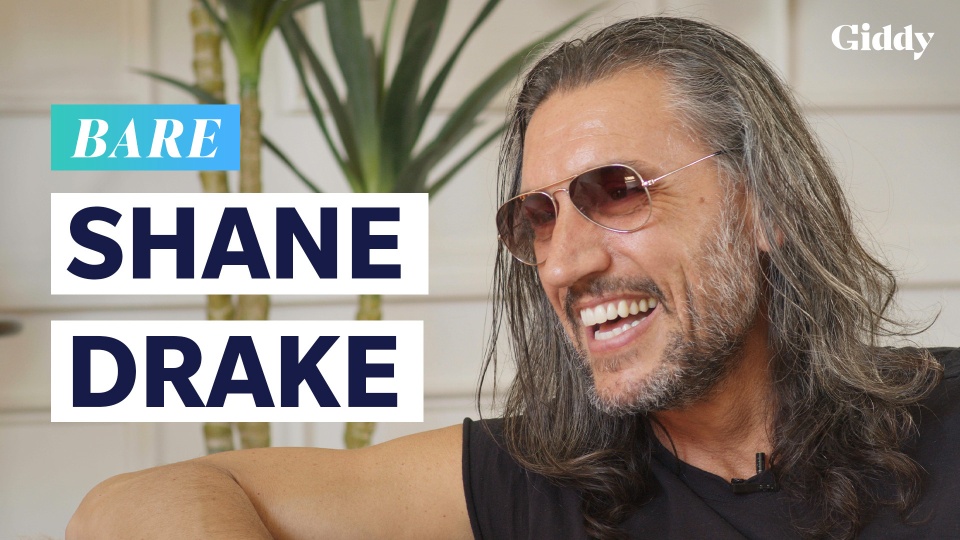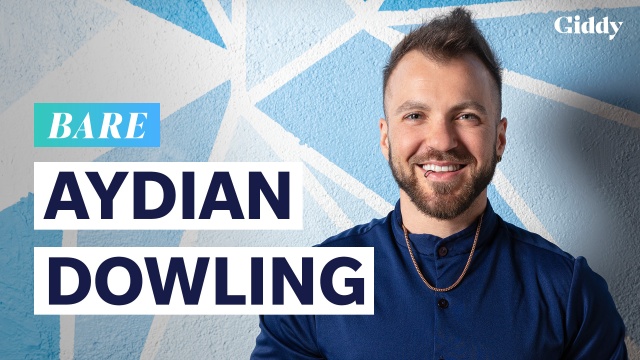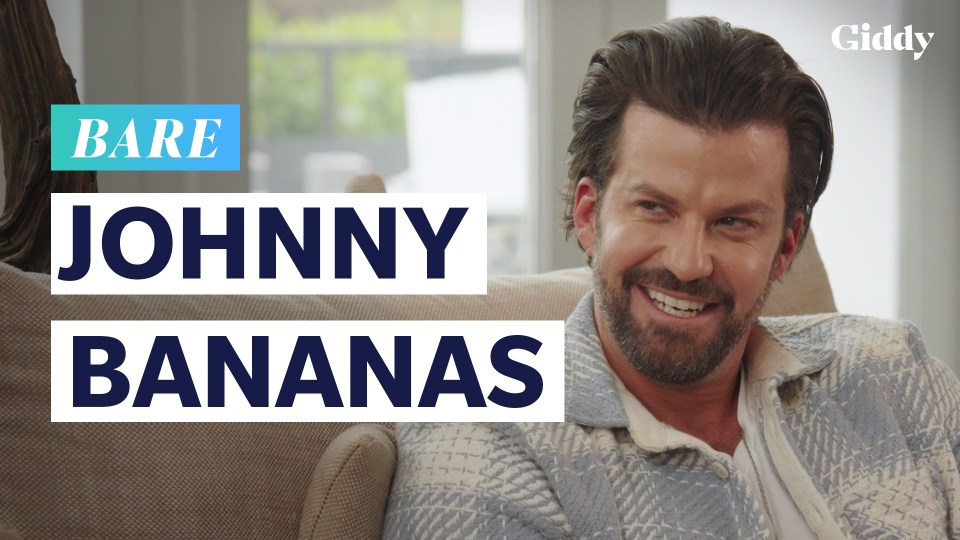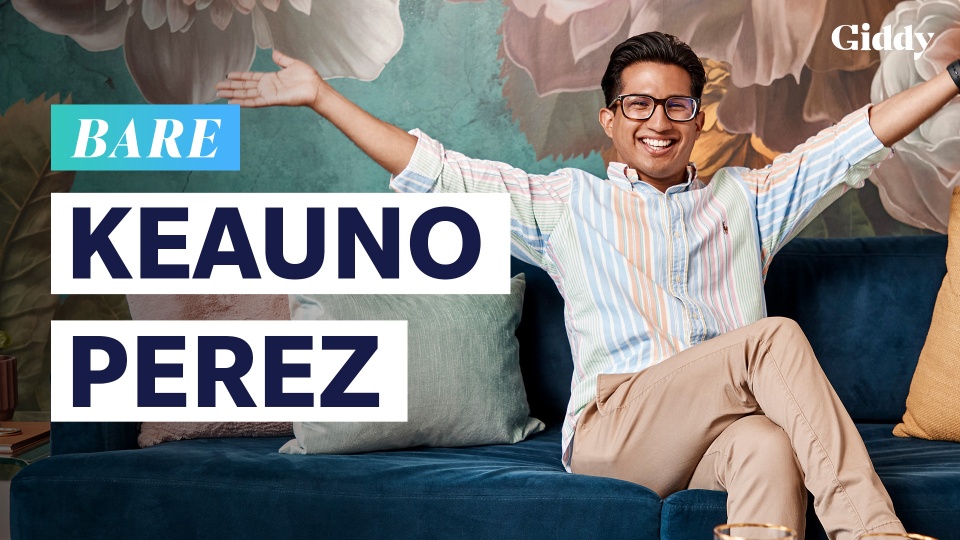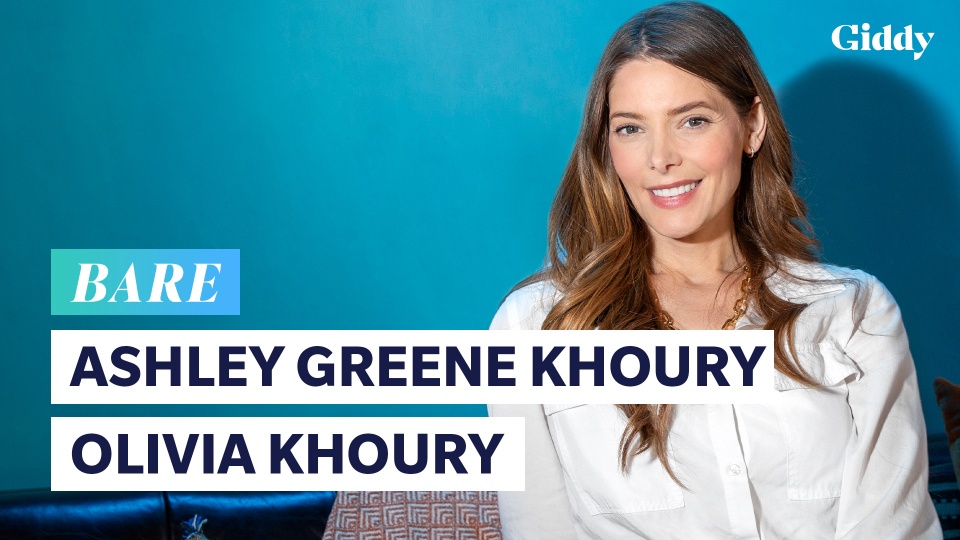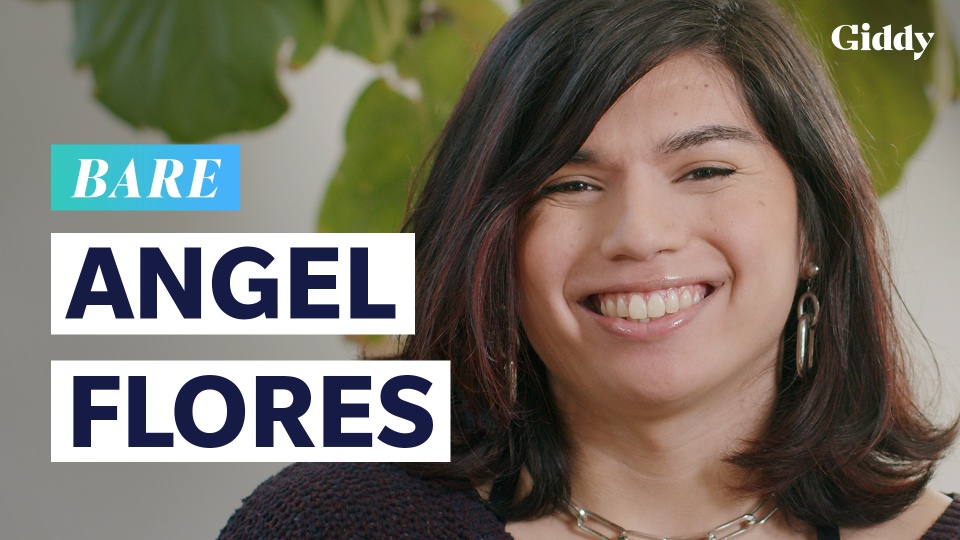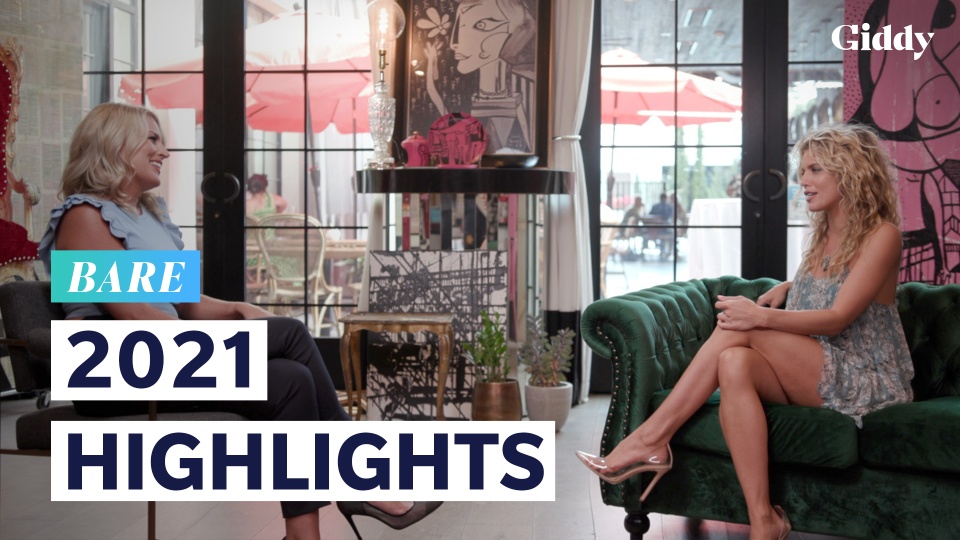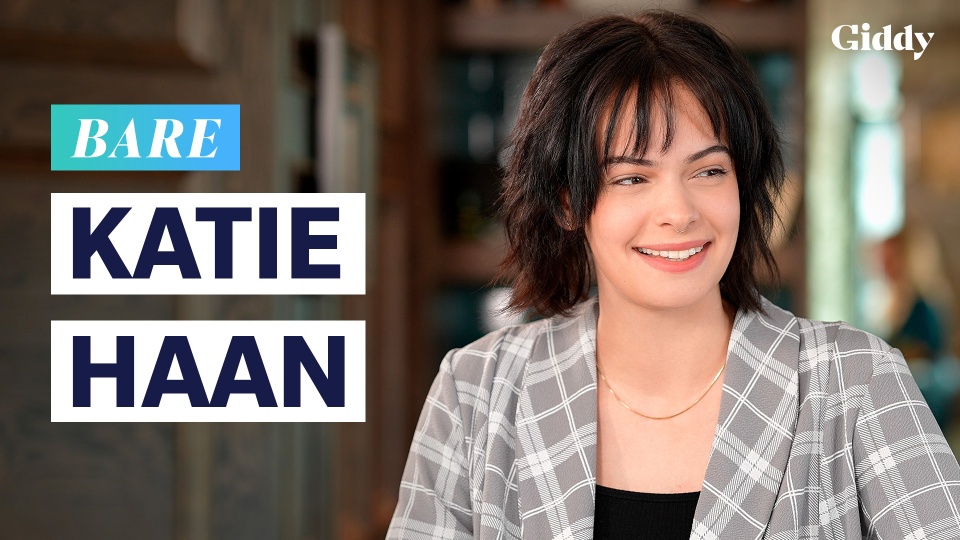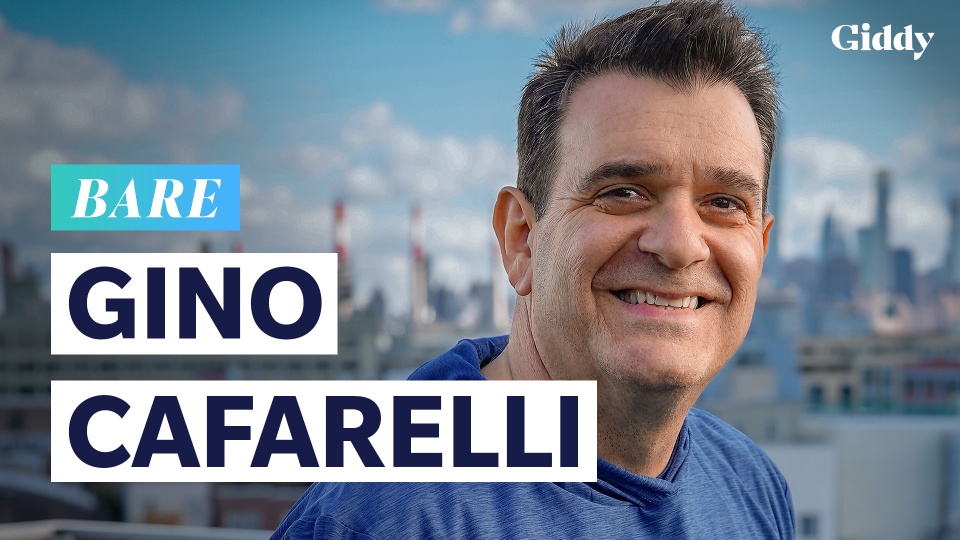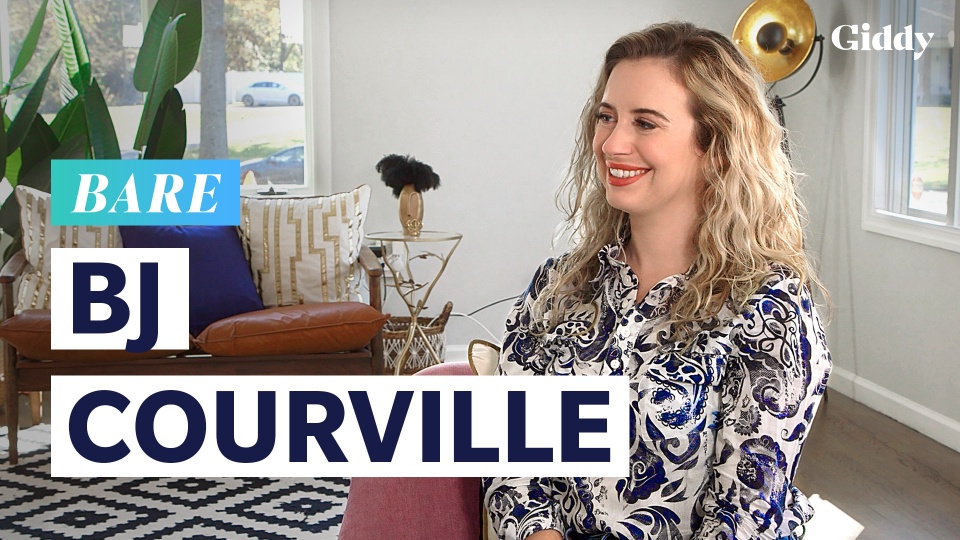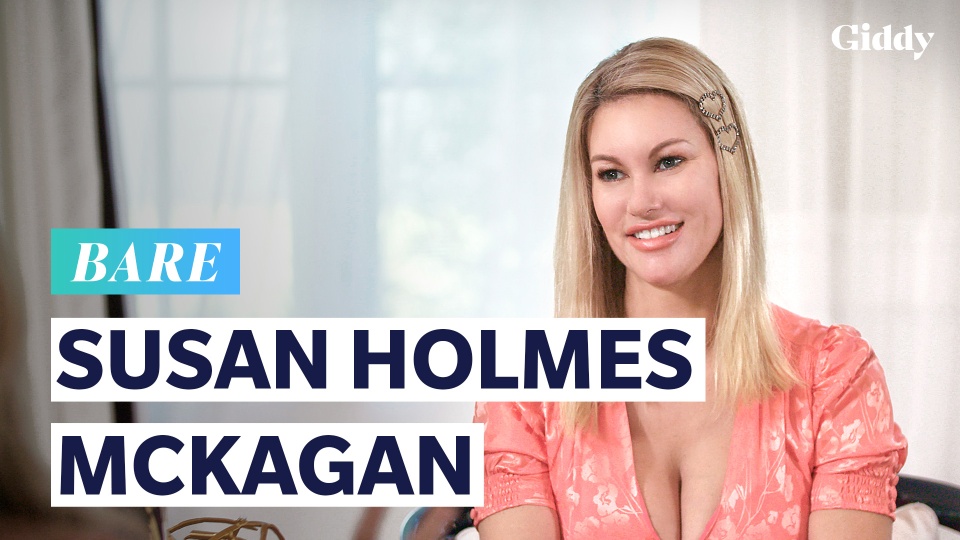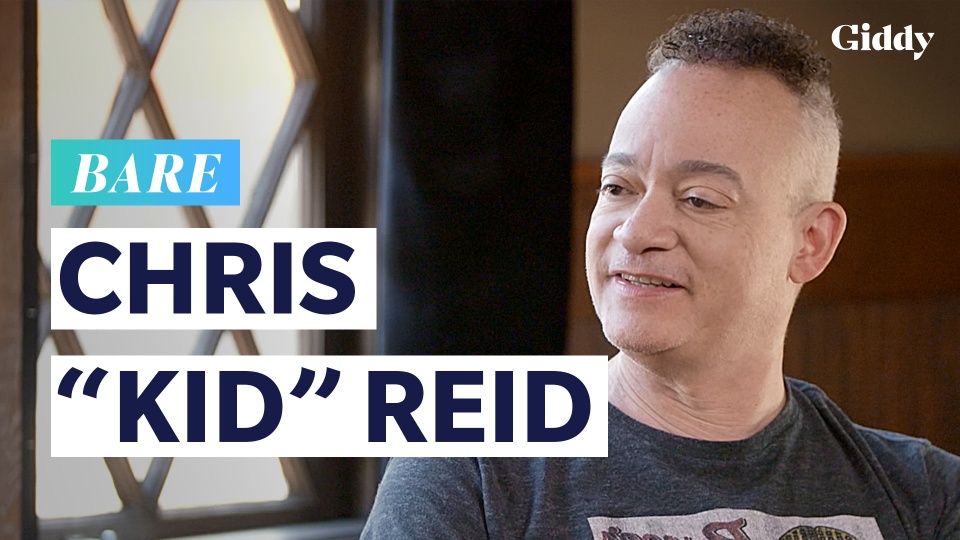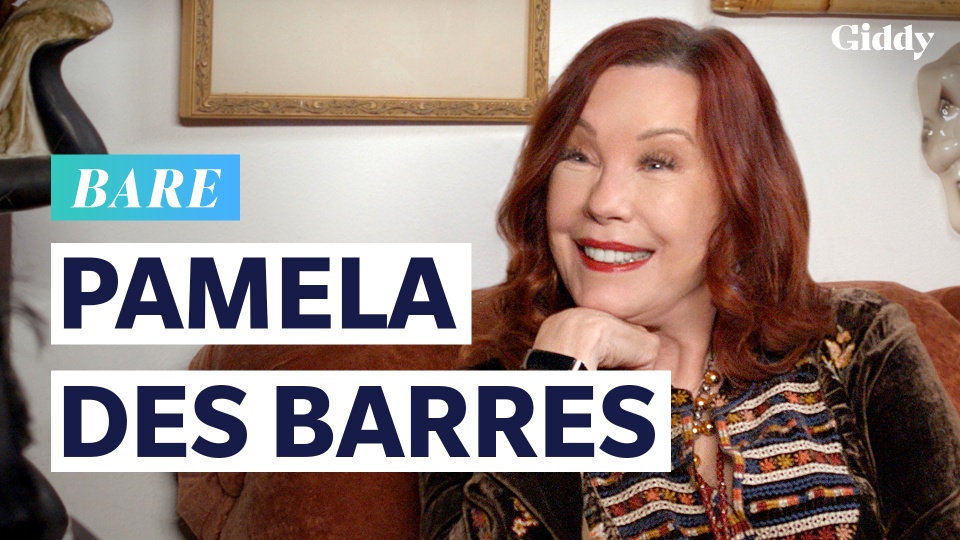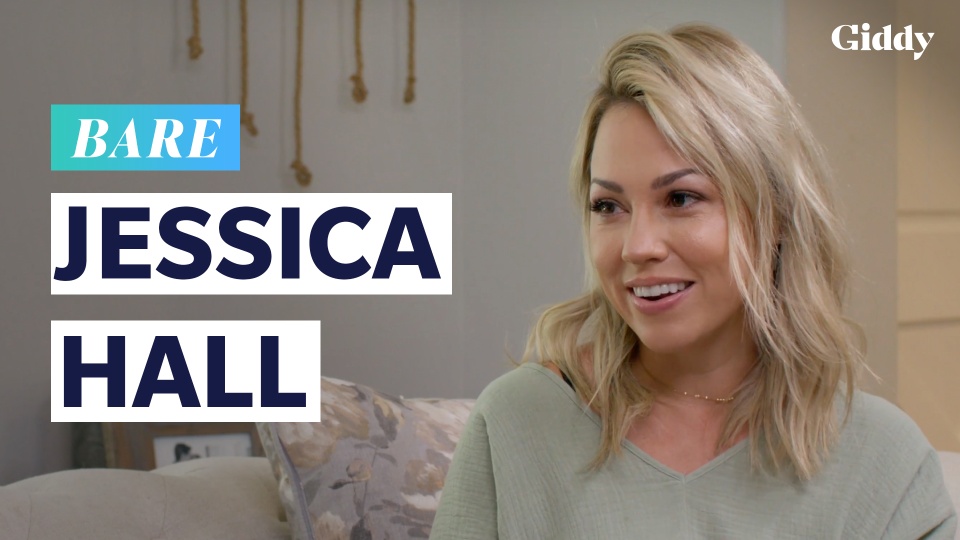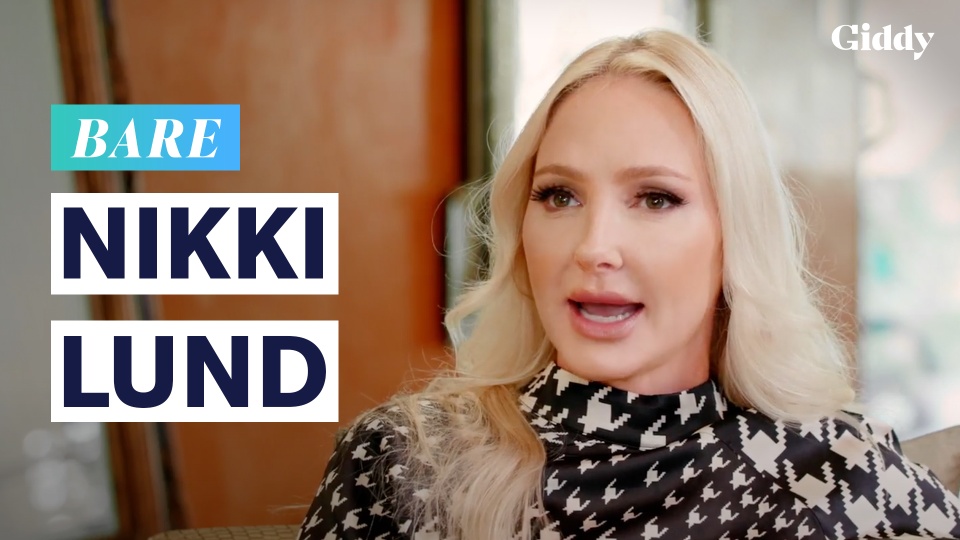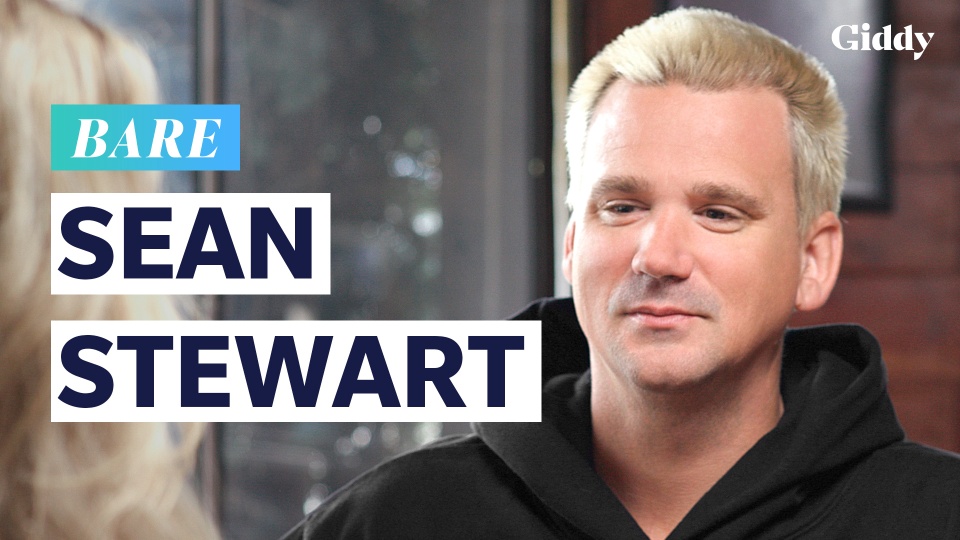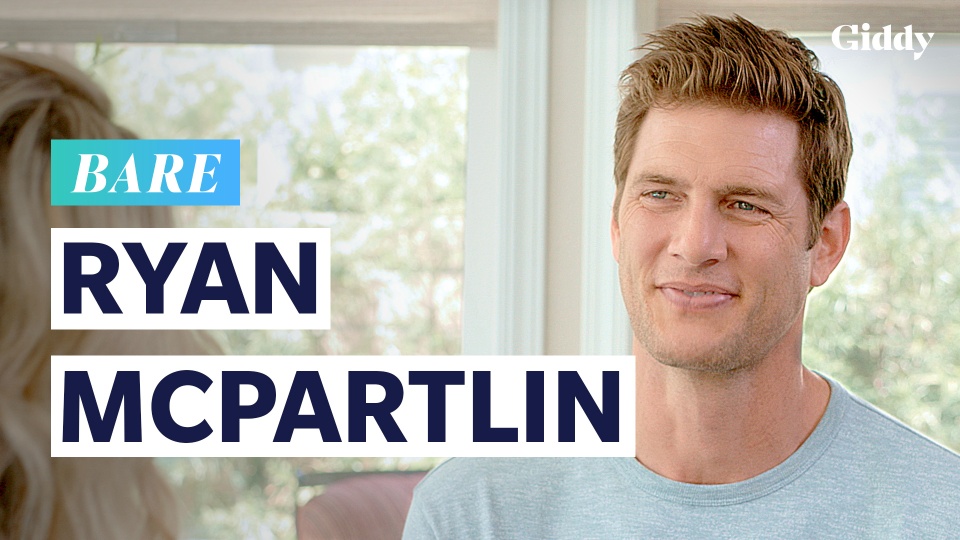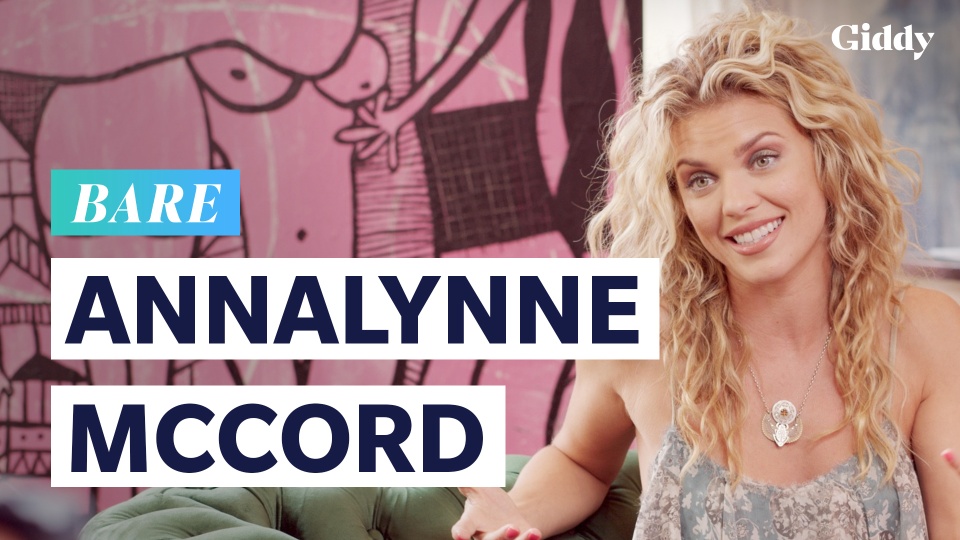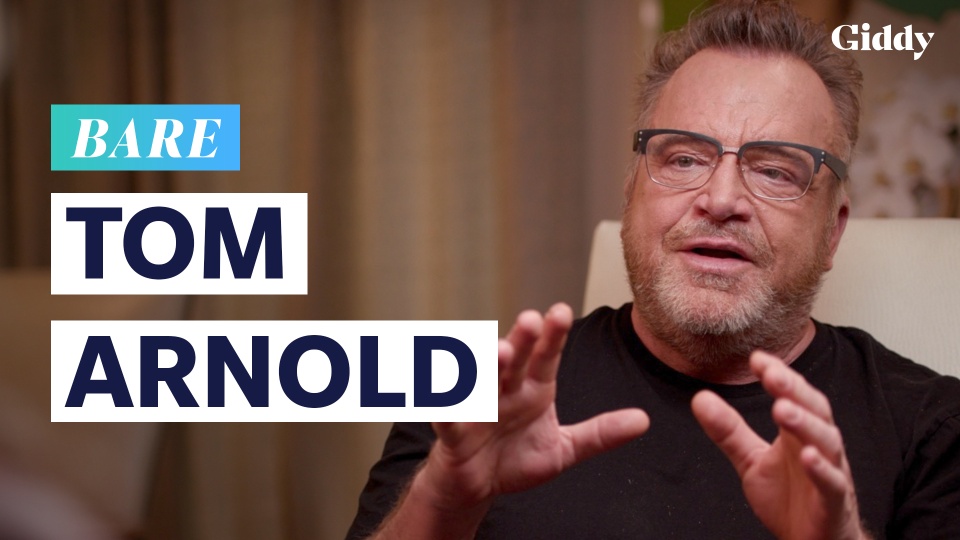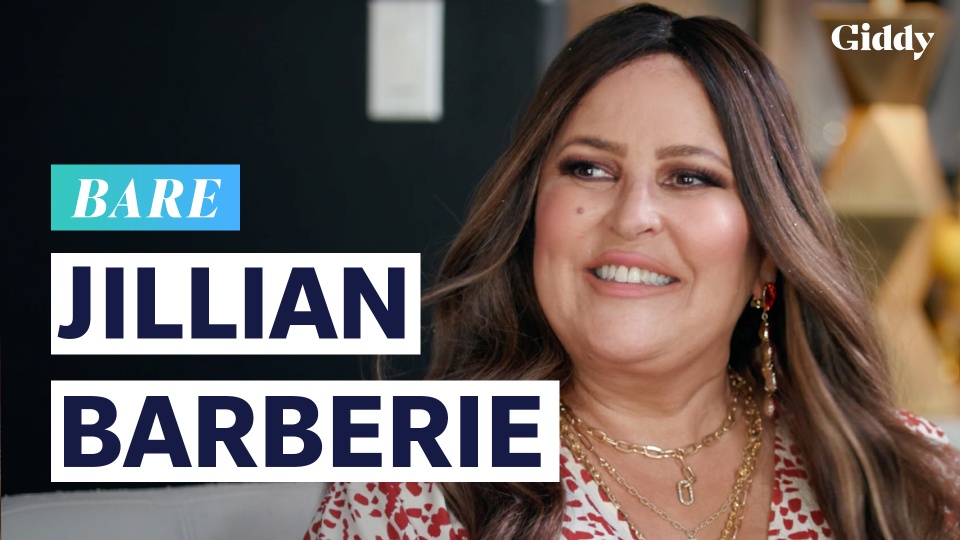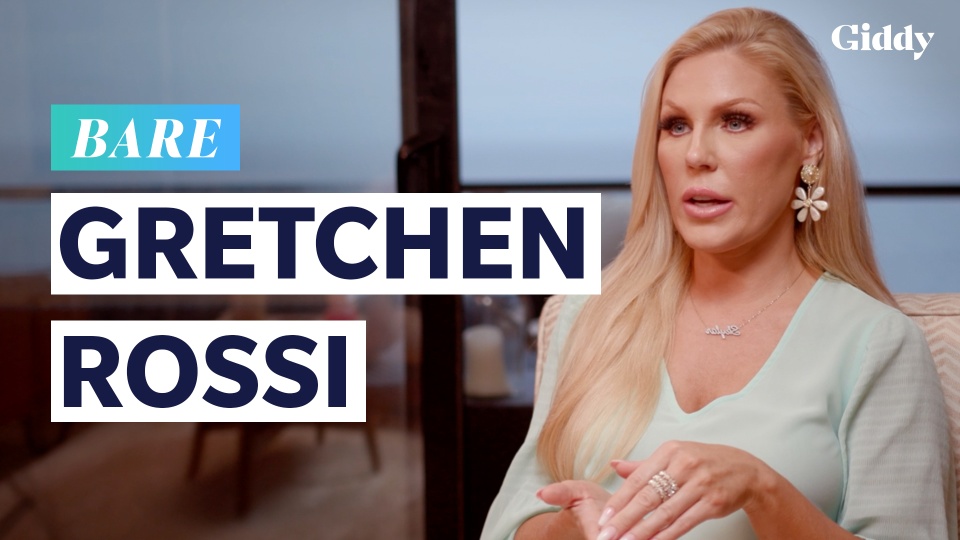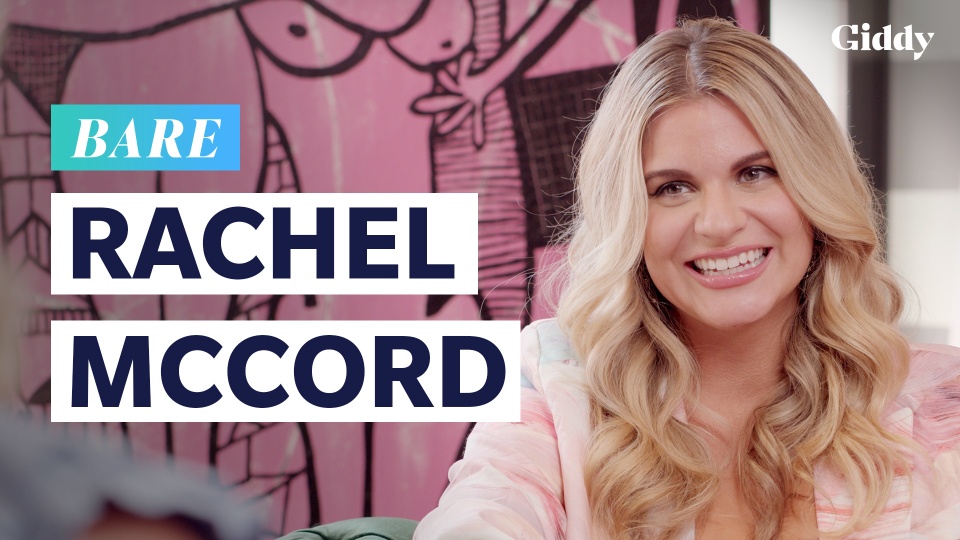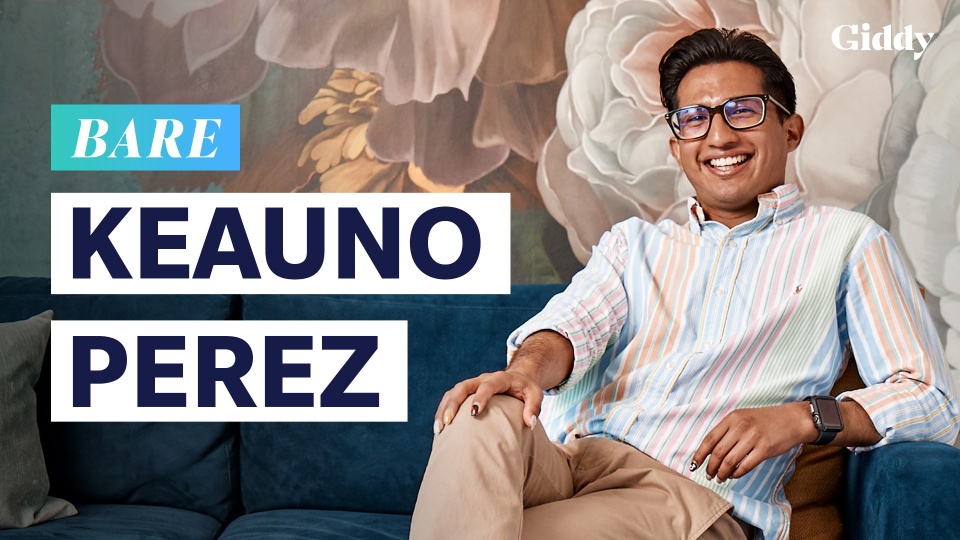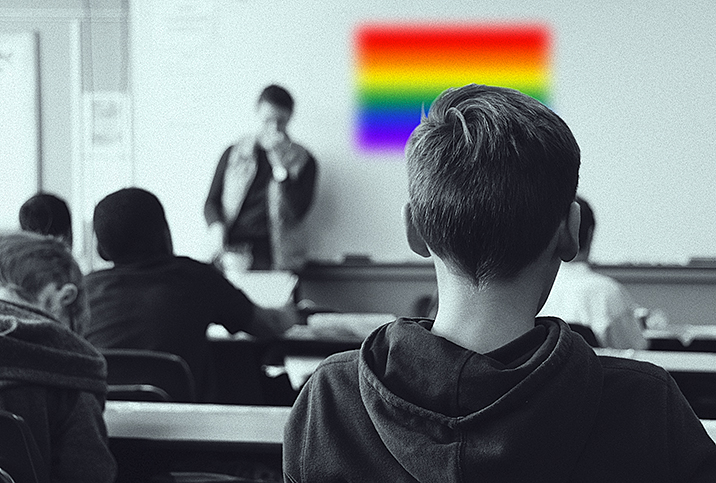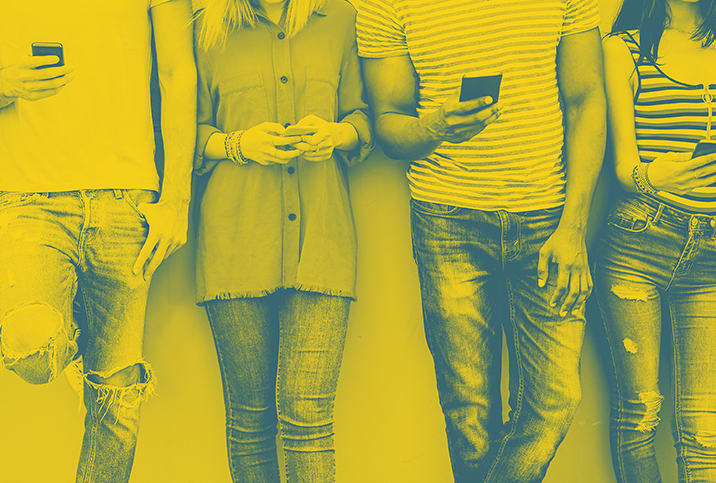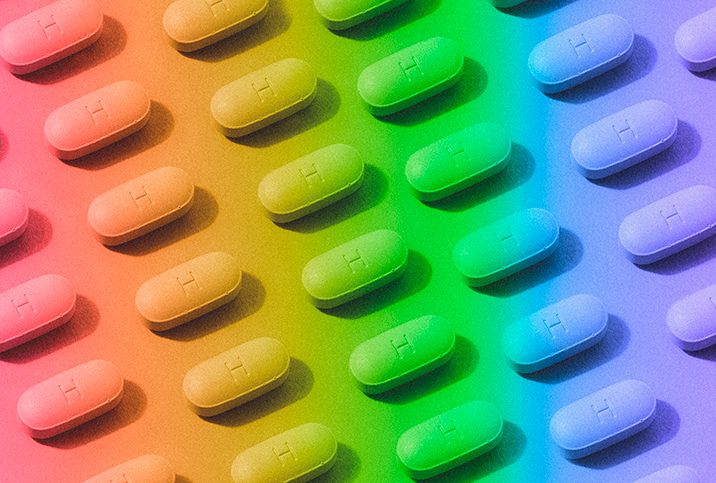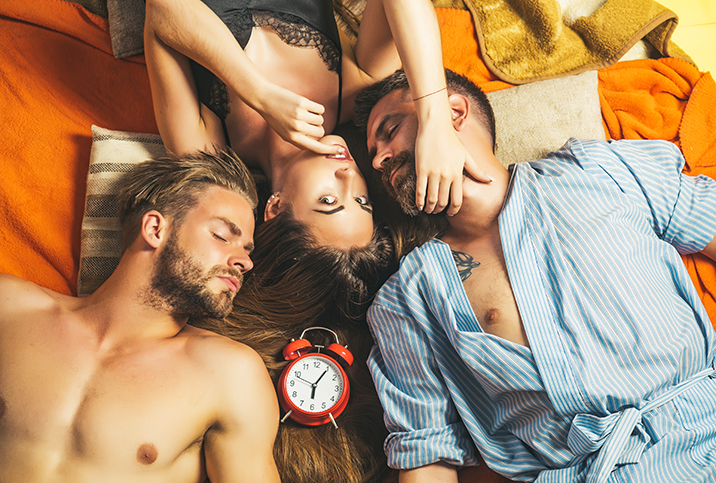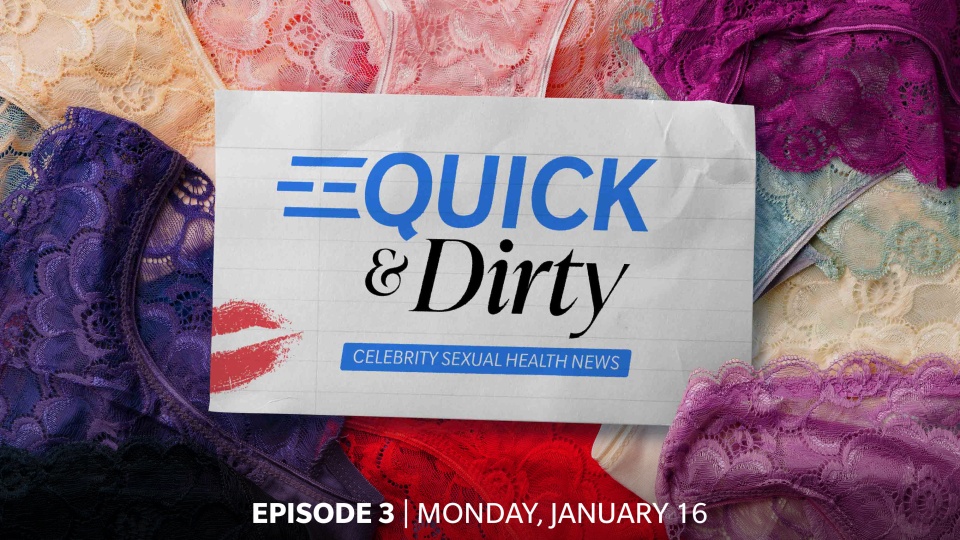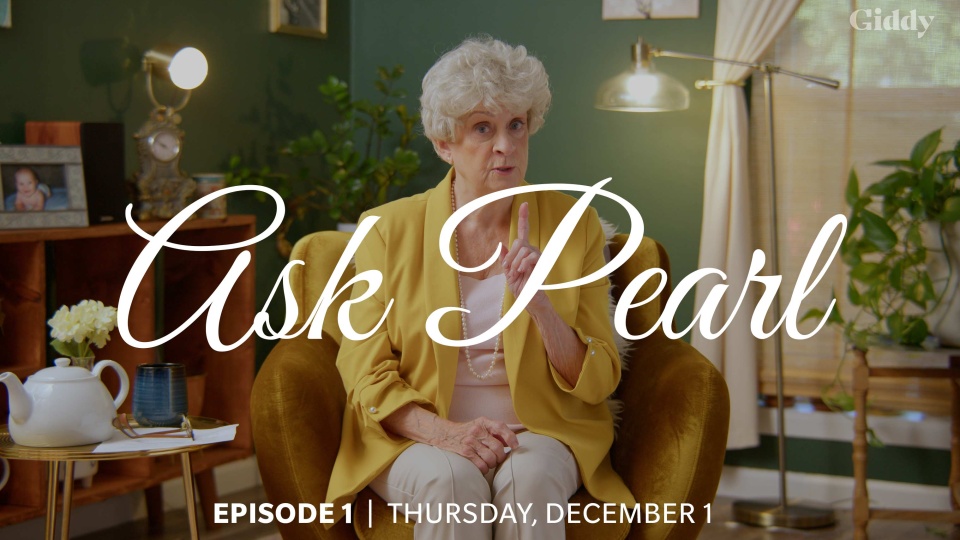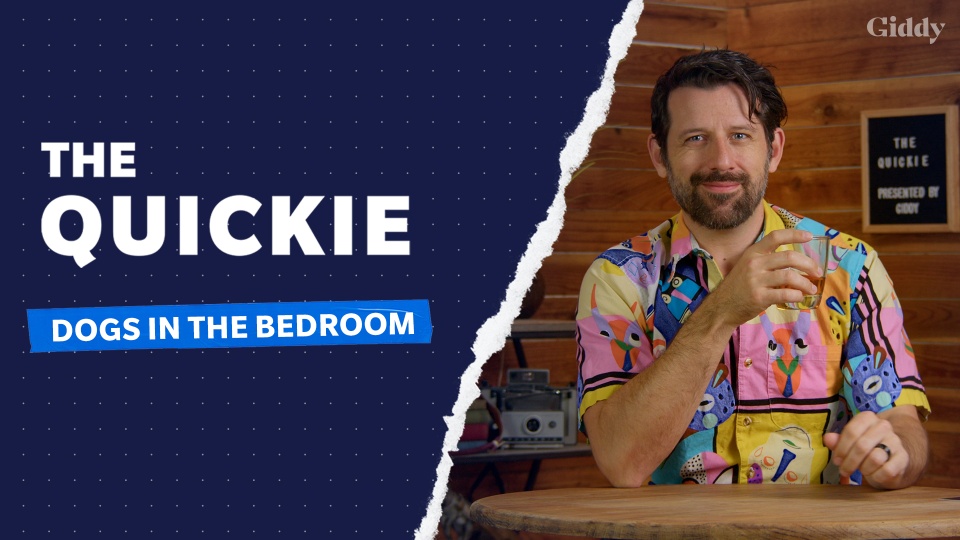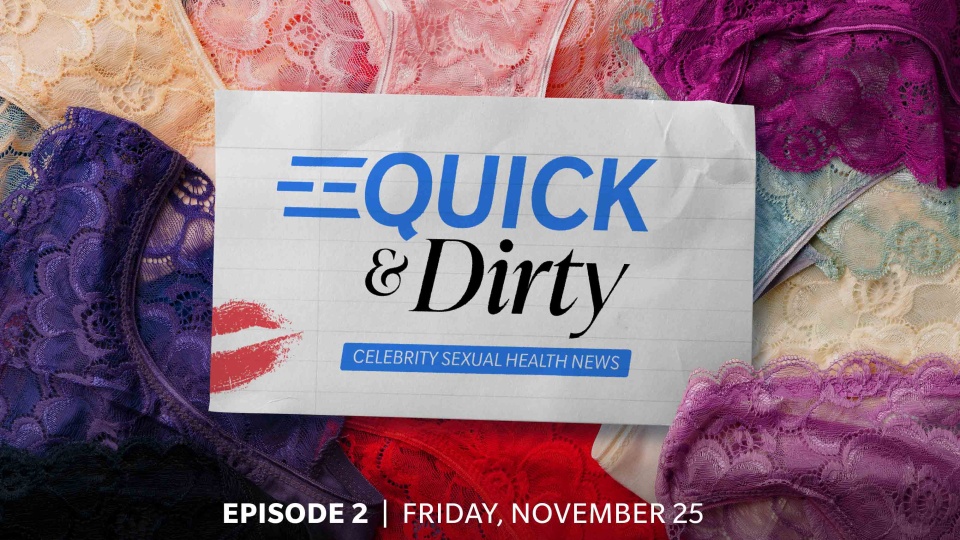Keauno Perez on what sex education lacked for him as a gay man
TV Personality Keauno Perez details his own sex education experience—pointing out that he wishes that modern sex ed includes LGBT-related discussions and talks about how queer youth can practice safe sex.
More about this episode
A Conversation with Keauno Perez
Coming out. Dating in a red state. Coping with heartbreak. Reality star Keauno Perez bares it all. In this one-on-one conversation with Giddy's Bri Jenkins, Perez opens up about experiencing heartbreak during filming, his own sex ed experience, and how he came out as a gay man in a conservative state.
Perez, who won over the hearts of viewers after appearing on Netflix's "Twentysomethings: Austin," grew up in a small town in Texas and was never introduced to an out gay person. His family is very religious and those views complicated his struggles with his own sexuality. Perez eventually developed a new spirituality around the idea that God loves everyone, including Perez, a gay man.
With his journey of self-discovery partially documented for the world to see, Keauno hopes his story inspires others who are struggling with their sexual identity.
Transcript
Did you feel like you had comprehensive sex ed growing up in Texas? What has sexual health meant for you, now that you're a grownup and learning all these things?
I feel like it's a really big conversation, too. Like, we see all the different ways that people can protect themselves now. But it's still not a big conversation people are having. So what does that journey look like for you?
I'm like, this is a lot. And let me know if this is too much. But so growing up, we had sex ed in school. But it's like middle school. You're like, ha ha, hee hee. And I feel like it mainly promoted abstinence or making sure you used a condom.
And so again, growing up as not knowing anyone that was gay, actually, I really didn't start asking these questions till I was going to move to Austin to film. I remember thinking like, "Oh, my gosh, I might actually have sex with a man." But I'm like, what does that look like? What is even like—this is embarrassing. But I'm like, what counts as sex with a man, you know? Because to me, it's like you're taught a male and female having sex is penetration.
And so I remembered–so thankful–this is also crazy. People were like, you came out in Arkansas? I'm like, I know, of all places. But Fayetteville, Arkansas, and the university is very accepting. That's where I came out. So I had an amazing on-campus doctor. And she—like this poor older woman—I asked her all the questions. And she answered. She didn't hesitate.
But I remember, like PrEP, no one has ever talked to me about that. One of my students—this is so embarrassing—one of my students talked about it in passing.
And so at my doctor's appointment, I was like, so I just want to know about, what is this PrEP? Should I be on it? And she was like very… she advocates for PrEP. But she's like, "Obviously, I'm not putting anything on you." That's so amazing. But no one ever taught me about PrEP. And that's something, even moving here, people have been like, before you start hooking up, you probably should look into this. I'm like, I actually was told about that.
But I was like—so when a guy hooks up with a guy, do you wear a condom still? Because to me, it was like, that was a thing for a guy and a girl. And so there were just all these questions because I didn't know the answers, and I don't think they do teach that. Even this conversation now, I'm like, I hope—it's sad to think it's probably not—I hope education is educating our queer young people who are going to hook up, because these are questions I wish there was a class, or I wish someone could have told me.
Learning about PrEP and safety, what has that looked like for you? Because it was like you learned it later in life. Like you were saying, straight sex, condom or abstinence. But queer sex, I feel like is so different. What was that conversation with your doctor like?
So I really only had two appointments before I had to move to Texas. So I was very limited. And so I felt like I covered the basics on PrEP.
But honestly, everything else I've learned has been through YouTube, Google searches. I'm like, "Don't look at my search history." But Google and then friends I'm making that are gay. But it's also, you have to make friends because it's awkward to be like, "Oh, we just met…by the way, so do I use a condom when I'm having sex," you know? So it has been hard. I still have tons of questions. I'm glad we're having this because now I'm like, "Keauno, you need to know these answers. People probably are going to ask you." And so it's been a lot of self research.
I'm excited for platforms like Giddy. And then I've been thankful, I got my first douche in the mail from someone, and they had a whole guide on how to use it, what to use it for. I was like, "Oh, my gosh, this is information I wish was more accessible or public." But I feel like as time's going by, people and organizations are promoting it more. Does that make sense?
It does. And for that, what do you think is lacking for queer youth? If we're talking about growing up and not coming out till whatever age we are…I worked at a nonprofit that served queer youth for a little while. And that was a big conversation we were having, how do you protect yourself? And so what do you feel like needs to be added to the conversation for queer youth about sex ed?
I was—and this might be being done already, I'm coming from a place where there was like nothing and not knowing anything—But to me, the basics in one. I'm going to use something from my talk therapy. I also promote talk therapy. That's how I ended up coming out. And I didn't even go to therapy because I was gay. It just kind of came out in conversation. I was like, oh, "OK, this is the underlining."
She said, I remember, to me, "I hope you have multiple partners." I was like, "Multiple partners?" And I'm like, me, Southern Texas boy, I thought, I'm only going to have one. And then we're going to get married. But it was the first person to tell me, "I hope you have multiple partners."
And that's when I realized even for straight—well, I feel like the culture's kind of changing. There's kind of this curtain [shifting away]. But it's like, no, people are hooking up. People are hooking up all the time. People now in Austin—well, I don't know if I should say this—there's more than two people in most bedrooms now. And it's just common.
So I'm just saying, I wish it was talked about, like you're going to hook up. When you hook up, this is how you be safe, or this is what you should be looking for, because even now, I think about testing. I don't have all the answers on when you should be tested, what you should be tested, you know?
Sorry, I'm long-winding your question.
You're fine.
But my answer would be, one, you're going to hook up. You're probably going to hook up with more than one person. This is how you do. This is how you do it to be safe. And if you're not safe, [these] are steps or things you should look for or do.






